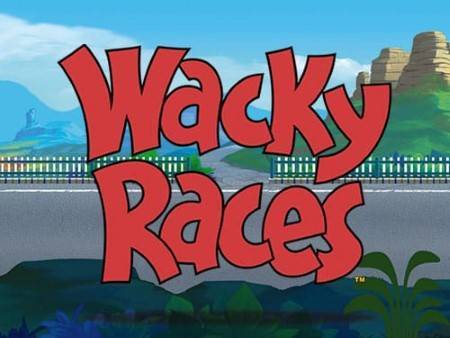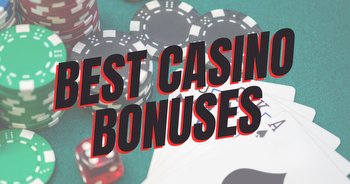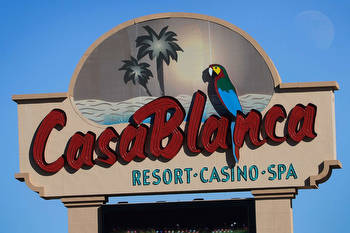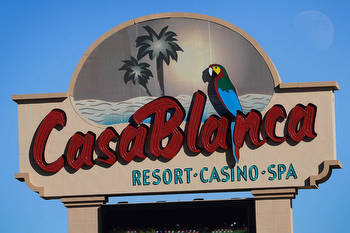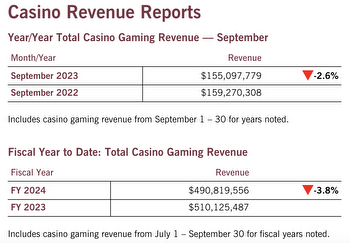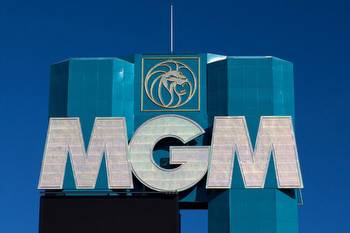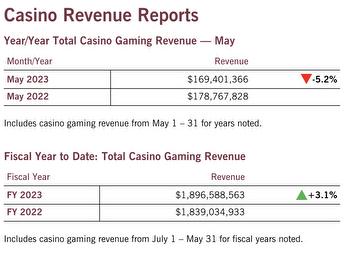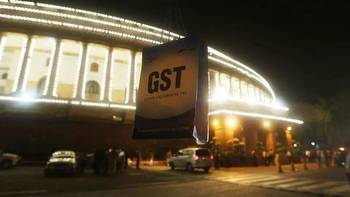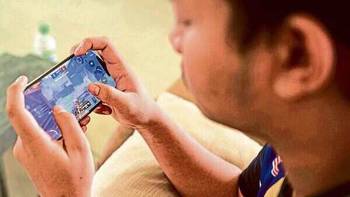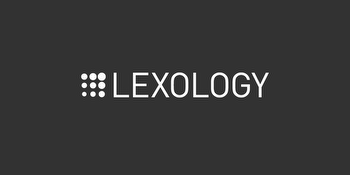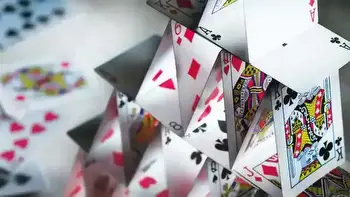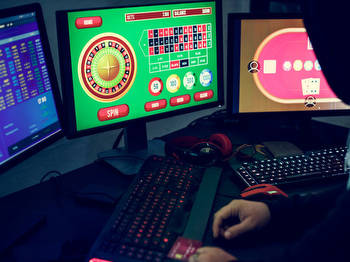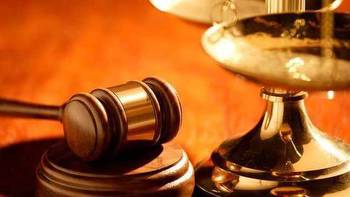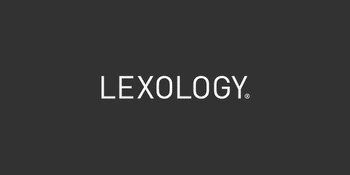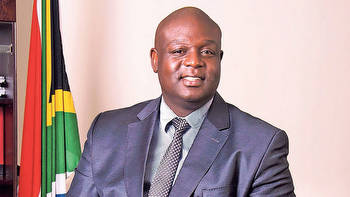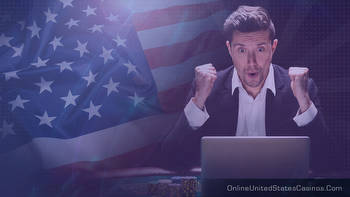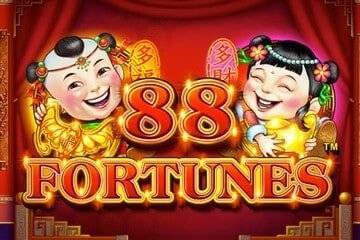Western Cape Gambling Board wins appeal on tax payable by casinos
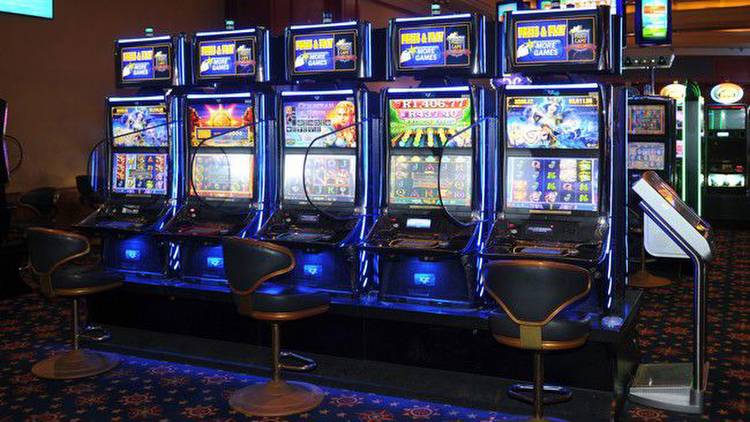
The Western Cape Gambling Board has been successful in its appeal against a Western Cape High Court judgment regarding the assessment of gambling tax payable by casino licence holders Grandwest and Worcester casinos.
The Supreme Court of Appeal (SCA) this week upheld an appeal over whether ‘freeplay credits’, used to bet in slot machines attract gambling taxes and levies, was payable to the Western Cape Gambling and Racing Board.
In terms of Section 64 (1) of the Western Cape Gambling and Racing Act 4 of 1996 gambling tax is payable on taxable revenue.
The full court of the Western Cape high court had held that freeplay does not form part of taxable revenue under the act.
Freeplay refers to special non-cashable credits loaded onto card accounts that a group of gamblers known as the ‘most valued customers’ use when playing at their casino slot machines.
These customers do not pay for freeplay. It is a gift or reward given by the casinos to their most frequent customers. It cannot be redeemed for cash.
According to court papers, the dispute arose after the Sun International management arm, Sun International Management Limited (SIML) introduced a software system known as “BALLY” to its subsidiaries nationally.
Grandwest and Worcester casinos are subsidiaries of Sun International (South Africa). BALLY is able to distinguish between freeplay and credits paid for in cash by a player. This allowed for SIML to exclude the value of freeplay when calculating gambling taxes in provinces where Sun International operates casinos. SIML sought approval from the Western Cape Board for the exclusion of non-cashable bets funded by the casinos.
At the heart of the case was the interpretation of the language used to define the “drop” which is “the amount deducted from players’ slot accounts as a result of slot machine play”.
The casinos’ interpreted the words used to exclude freeplay, essentially because the word “amount” in the expression “amount deducted from players’ slot accounts ... ” means “amount of money” deducted from the players’ slot account. That, according to the casinos, refers to the players’ own funds, and excludes freeplay.
They argued, in addition, that because they neither gain revenue nor derive any kind of benefit from freeplay gambling, it could have never been the intention to cause them to pay gambling tax on this.
The board argued that there is no distinction in the act between gambling with freeplay and with players’ own resources. It maintained that the word “amount” referred to all the deductions made from the players’ slot account as players gamble on the slot machines.
Judge Nambitha Dambuza found: “The interpretation of the ‘drop’ advanced by the WC Board is not only grounded in the language used in s 64(1) and the definitions in Schedule III and IV, it also accounts for the purpose. The fact that a licence holder makes no gain or derives no benefit from a game of play is irrelevant in the assessment of liability for gambling tax. The appeal is upheld.”
Neither the gambling board or Sun International responded to requests for comment by deadline on Monday.







